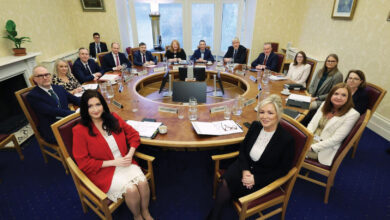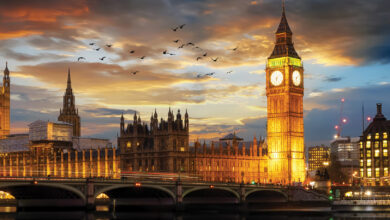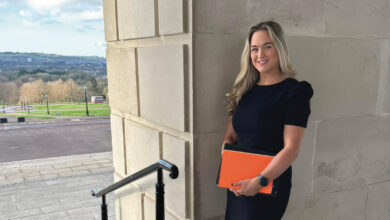A BBC to be valued

The BBC should be protected but rationalisation and adaptability will be important tools if it is to survive in a global marketplace, writes Stephen Farry MP.
The past few years have been ones in which the BBC has been mired in unprecedented controversy, whilst new platforms and outlets which facilitate greater choice and viewing options have come to the fore. Yet, we are in danger of losing sight of the wider need and purpose of the BBC, especially given the ideological assault coming from the current Conservative Government and others.
The underpinning principle of public service broadcasting (PSB), of which the BBC is a key element, is the provision of trusted and impartial content that seeks to inform, educate and promote social cohesion within the UK. The BBC also provides services which may not otherwise be commercially viable — programmes related to art, religion, classical music and original children’s TV.
It is acknowledged that the BBC has, on occasion, fallen short of the aforementioned principles. It is widely argued, including by me, that there was a lack of balance in reporting on the issue of Brexit and some presenters/programmes have demonstrated a conscious or unconscious bias. And some programmes, for example Question Time, have strayed far from their original conception and have enabled populism and even racism without sufficient pushback or challenge from the presenter.
All of this has been to the detriment of the BBC’s reputation.
Undoubtedly, the corporation should strive to the highest standards of impartiality and a scrutiny function is vital in holding it to account in this regard. There is a case for a fundamental review of the BBC and public service broadcasting, especially in the context of the technological changes and wider choice of recent years.
Yet at present, it is impossible to separate out any rational debate and consideration of these matters given the rightwing populist and libertarian attacks on the BBC for being part of the ‘establishment’ and even one of the so-called ‘enemies of the people’. This is actually contradictory to the perspectives of many others.
It is imperative that the BBC reflects on all of this criticism, and not hide behind the mantle of ‘well if all sides are criticising us, then we must be doing something right’.
Nonetheless, there is considerable societal value associated with the provision of a public broadcasting service. The ‘public goods’ nature of some of the BBC’s services are such that they would not be provided in a free market and thus merit public provision. This is contrary to recent claims by Downing Street that “The BBC is making a wonderful case for the importance of the BBC; if the people of this country agree, they’ll subscribe”.
PSBs also provide substantial benefits to the wider broadcasting industry and the economy. Public service broadcasters may support the capability of the broadcasting sector by investing in talent, training, and research and development. These spill-over effects would not be captured if left to the discretion of individual consumers in a free market.
There would also likely be implications in terms of social cohesion. In an already increasingly divided society, particularly since Brexit, the absence of impartial news provision would allow the market to shape storytelling. As such, pluralism would increasingly be replaced by schools of ideological thought.
These schools of thought would likely drift to their own preferred channels, stations and newspapers, further reinforcing their views. Broadcasting has evolved in this direction in the United States in the wake of deregulation several decades ago.
This tendency is already evident in social media platforms, where individuals’ newsfeeds are informed by choice of ‘followers’ or ‘connections’.
It is therefore vital that the BBC is protected as a corporation. However, it is perhaps also arguable that there is scope for rationalisation of services; the scale of public service broadcasting in the UK is, in fact, unusual by international standards. Adaptability will also be vital for survival in an increasingly global marketplace and a world in which most media consumption is through digital and online services.
Stephen Farry is an MP for North Down and deputy Leader of the Alliance Party.





